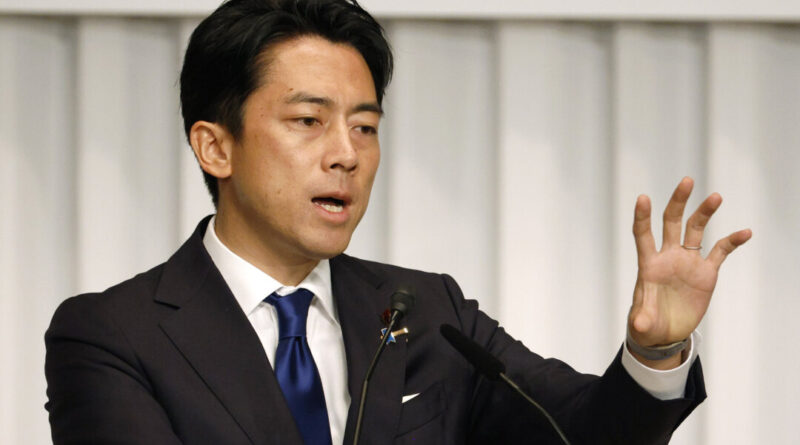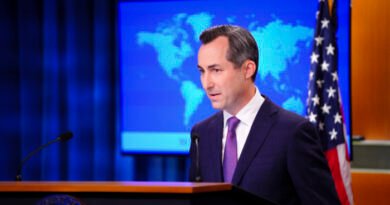Japanese Prime Minister Candidate Calls for Collaboration with US Against China’s Low-Priced Steel
The Japanese firm Nippon Steel Corporation, the world’s fourth largest steelmaker, is currently seeking to acquire the U.S. Steel firm.
Leading prime ministerial candidate Shinjiro Koizumi called for U.S. cooperation against the “shared challenge” of China’s steel industry.
“If China, producing cheap steel without renewable or clean energy, floods the global market, it will most adversely affect us, the democratic countries playing by fair market rules,” Koizumi said Sept. 14.
Meanwhile, the Japanese firm Nippon Steel Corporation, the world’s fourth largest steelmaker, is hoping to acquire the U.S. Steel firm.
Steel Deal
Last year, Nippon Steel announced it would purchase U.S. Steel for $14.9 billion cash. U.S. Steel shareholders approved the offer in April, and union workers oppose the deal, as do presidential candidates Vice President Kamala Harris and former President Donald Trump.
The Committee on Foreign Investment in the United States is undertaking its second, 90-day review of the deal, and could either make a recommendation this month or extend the review another 90 days.
U.S. Steel was formed in 1901 when industrial tycoons Andrew Carnegie, J.P. Morgan, Charles Schwab, and Elbert Gary joined together to merge Carnegie Steel Company and Gary’s Federal Steel Company. The historic company has built iconic structures like the San Francisco-Oakland Bay Bridge and the United Nations Building in New York City.
In the 1950s, the United States produced nearly half the world’s steel. Today, it produces around 81 million of the 1.89 billion annual metric tons produced worldwide, or about 4.3 percent, according to the World Steel Association.

A rally by U.S. Steel employees is held outside the U.S. Steel Tower in downtown Pittsburgh to display their support for the transaction with Nippon Steel on Sept. 4, 2024. Gene J. Puskar/AP Photo
“The president’s position is that it is vital for U.S. Steel to remain an American steel company that is domestically owned and operated,” White House adviser Saloni Sharma said. Both presidential candidates have touted U.S. Steel as an American manufacturing company, opposing the Nippon Steel deal.
Earlier this month, the foreign investment committee sent a letter to Nippon Steel and U.S. Steel saying that the acquisition could lead to a reduction in steel production capacity in the United States.
China Overcapacity
Both Japanese and U.S. steel industries view cheap steel exports from China as a major issue.
China has been the world’s leading steel producer for several years, and now its industry faces challenges both domestically and abroad.
Reuters contributed to this report.





